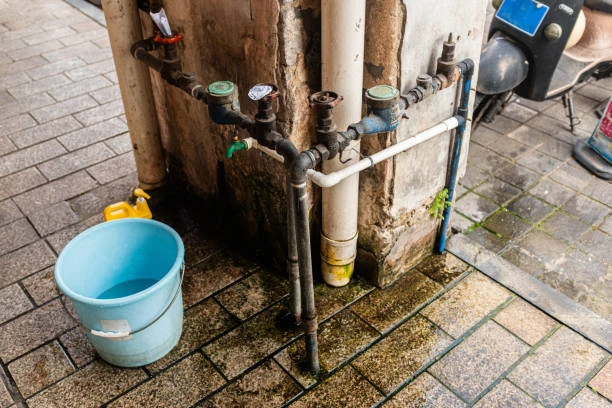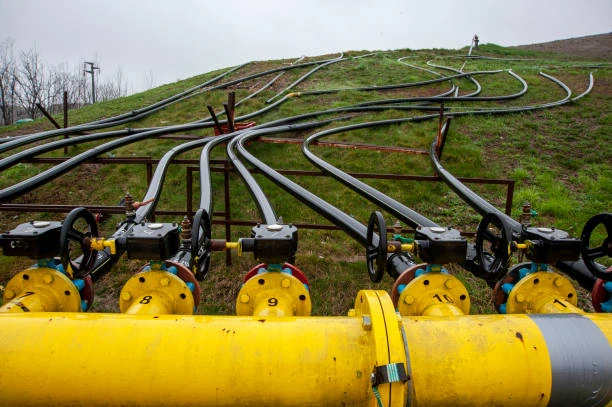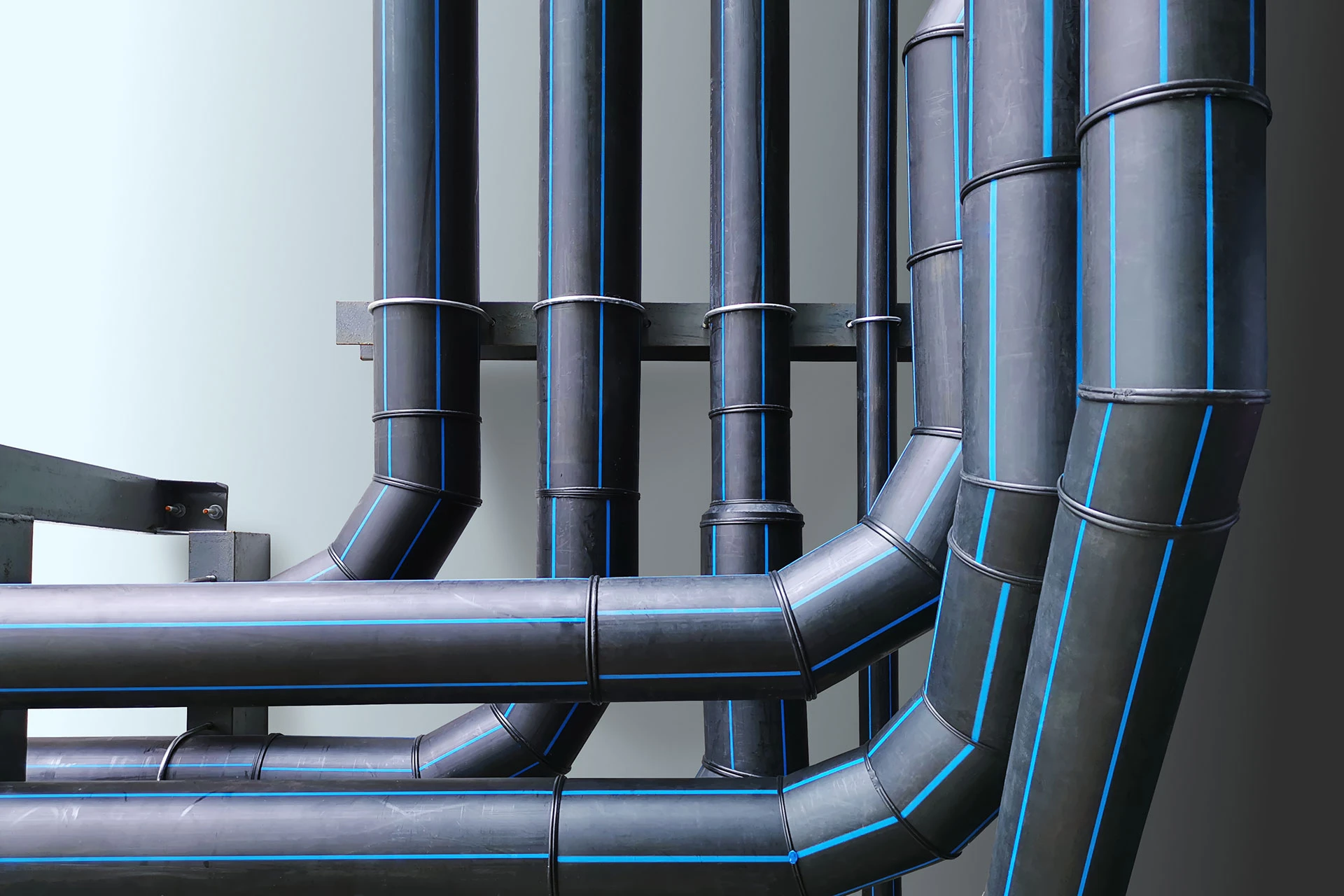Water Pipe In recent news, a burst Water pipe sent a massive wave of water gushing into a home in southern Sydney, causing significant damage. The force of the water flooding the property raised serious concerns about the integrity of the city’s aging water pipeline infrastructure. This incident is a stark reminder of how critical it is to ensure the proper maintenance and quality of water pipes, as well as the role of modern plumbing solutions in preventing such disasters.
In this article, we will explore the causes and consequences of burst water pipes, the impact of pipeline failures on homeowners, and how using advanced water pipeline technology can prevent such issues in the future. We will also highlight some practical tips for maintaining water pipelines and ensuring they stay in top condition.

The Incident: A Burst Water Pipe in Southern Sydney
Recently, residents of a southern Sydney suburb experienced a catastrophic water pipeline rupture. A burst water pipe sent water rushing through the home, causing extensive damage to property and disrupting daily life. While no lives were lost, the event underscores the vulnerabilities inherent in older water systems and the need for effective pipe maintenance and timely repairs.
Water pipeline ruptures, such as this one, are often caused by a combination of factors, including pipe age, material weaknesses, and environmental conditions. In this particular case, the burst water pipe likely resulted from a long-term buildup of pressure, combined with wear and tear on an aging pipeline. In addition to the immediate property damage, this incident left the affected neighborhood without a reliable water supply for an extended period, affecting many households.
Such incidents are more common than they should be, especially in areas with aging infrastructure. However, the damage caused by a burst water pipe can be minimized with proper preventive measures and modern water pipeline technologies.
Understanding the Causes of Water Pipe Burst Water Pipe
Water pipeline ruptures can occur for a variety of reasons. It is crucial to understand the underlying causes to better prevent future failures. Here are some of the most common reasons why water pipes burst:
1. Water Pipe Aging Infrastructure
Many cities, including Sydney, rely on aging water pipelines that may not have been upgraded in decades. Over time, pipes degrade, and the materials they are made of—whether steel, cast iron, or PVC—can weaken. The stress of years of water pressure, freezing and thawing, and corrosion can eventually cause the pipes to burst.
2. Water Pipe Corrosion and Wear
Water pipes are constantly exposed to moisture, which can lead to rust and corrosion over time. Pipes made from materials such as steel or cast iron are particularly susceptible to corrosion, which weakens the structure of the pipe and increases the risk of a rupture. This is especially true in areas with high levels of minerals in the water or high humidity.
3. Water Pipe High Water Pressure
Excessive water pressure can cause pipes to burst. When water pressure exceeds the maximum pressure rating of the pipe, the force can cause it to crack or rupture. This is particularly a concern in older systems that have not been properly pressure-tested or maintained.
4. Water Pipe Temperature Fluctuations
In colder climates or regions with significant seasonal temperature fluctuations, water pipes can be vulnerable to freezing. When water inside a pipe freezes, it expands and can cause the pipe to crack. As the ice thaws, the cracks can grow, leading to a burst pipe.
5. Water Pipe Ground Movement and External Stress
Pipes buried underground are subject to external forces, such as shifting soil, construction activity, or even natural disasters. Ground movements like soil erosion, earthquakes, or even the weight of heavy machinery can place stress on water pipes, causing them to crack or burst.
6. Water Pipe Improper Installation or Repairs
Poorly installed or inadequately repaired water pipelines are more likely to fail. If joints and connections are not sealed correctly or if materials are incompatible, the integrity of the pipeline can be compromised, leading to leaks and bursts.
The Consequences of a Burst Water Pipe
The consequences of a burst water pipe are immediate and severe, both in terms of property damage and disruption of services. Some of the most significant effects include:
1. Water Pipe Property Damage
A burst water pipe can quickly flood a home or business, damaging walls, flooring, furniture, electronics, and personal belongings. In some cases, the force of the water can even compromise the structural integrity of the building, leading to costly repairs and long-term disruptions.
2. Loss of Water Supply
A water pipe rupture can leave an entire neighborhood without water for an extended period. This affects daily life, from drinking water to basic hygiene, and can create widespread inconvenience.
3. Increased Repair Costs
The longer a burst pipe goes unrepaired, the more damage it can cause. Not only will homeowners face the costs of fixing the pipe, but they will also have to pay for any damage caused to their property by the water. Additionally, delays in repair can lead to mold growth and other long-term health hazards.
4. Environmental Impact
In some cases, a burst water pipe can lead to water wastage, especially if the rupture is not detected quickly. This is not only a loss of a precious natural resource but can also contribute to flooding and erosion in the surrounding area.
5. Health and Safety Concerns
Flooding caused by a burst water pipe can present health risks, such as the growth of mold and bacteria. This can lead to respiratory issues, allergies, and other health problems for those exposed to the damp environment.
How to Prevent Burst Water Pipes: Key Tips for Homeowners
The best way to protect your home from the dangers of a burst water pipe is by taking preventive measures. Here are some important steps homeowners can take to reduce the risk of pipe failure:
1. Regular Pipe Inspections
Have your plumbing system regularly inspected by a professional. Plumbers can check for signs of wear, corrosion, or other vulnerabilities in the pipes. Early detection of issues can prevent major ruptures from occurring.
2. Upgrade Old Pipes
If your home is equipped with aging pipes, consider upgrading to modern materials like PEX or CPVC. These materials are more durable, resistant to corrosion, and can withstand higher water pressures, reducing the risk of a burst.
3. Insulate Pipes in Cold Areas
If you live in an area with freezing temperatures, make sure to insulate any exposed pipes. Frozen pipes are more likely to burst, so keeping them warm in the winter can prevent this issue.
4. Monitor Water Pressure
Install a pressure regulator if your water pressure is too high. Excessive pressure can place unnecessary stress on the pipes, leading to leaks and ruptures. A professional plumber can help determine the optimal pressure for your plumbing system.
5. Address Ground Movement Issues
If your home is in an area prone to soil shifting or other ground movement, make sure to protect the pipes with additional supports or coatings. You may also want to periodically check for signs of shifting in your foundation or landscaping.
6. Respond Quickly to Leaks
At the first sign of a leak, call a plumber. Even small leaks can become major issues if not addressed promptly. Repairing leaks early can prevent larger ruptures down the road.
The Role of Modern Water Pipeline Solutions
While traditional methods of plumbing and water pipeline maintenance remain essential, modern solutions like pipe relining, trenchless technology, and advanced pipe fittings are helping to minimize the risk of water pipe ruptures. Trenchless technology, for example, allows for the installation of new pipelines without digging up the ground, reducing the risk of damaging existing systems. Pipe relining involves inserting a new pipe inside an existing one, which can extend the life of your water pipeline without the need for extensive digging and disruption.
These advanced methods can significantly reduce the risk of burst pipes and other plumbing issues. Additionally, using high-quality materials and fittings, such as stainless steel or durable PEX, can ensure that your water pipeline remains strong and leak-free for years.
Conclusion
The recent incident in southern Sydney, where a burst water pipe sent water rushing into a home, serves as a sobering reminder of the risks posed by aging and poorly maintained water pipelines. Homeowners must take steps to protect their properties by investing in regular maintenance, upgrading old plumbing systems, and using modern solutions that offer greater durability and reliability.
By following preventive measures and utilizing advanced plumbing technologies, it is possible to reduce the likelihood of a water pipeline rupture, ensuring the safety of homes and the stability of water distribution systems.
Frequently Asked Questions (FAQs)
1. What causes a water pipe to burst?
Water pipes can burst due to various factors, including aging infrastructure, high water pressure, temperature fluctuations, corrosion, and ground movement. Regular inspections and timely repairs can help prevent pipe bursts.
2. How do I know if my water pipes are at risk of bursting?
Signs of potential water pipes failure include visible corrosion, frequent leaks, low water pressure, discolored water, and unusual sounds coming from the pipes. If you notice any of these, it’s best to call a professional plumber.
3. Can freezing temperatures cause water pipes to burst?
Yes, when water inside a pipes freezes, it expands and can cause the pipe to crack. Insulating exposed pipes during the winter months can prevent this from happening.
4. How can I prevent my water pipes from bursting?
Regular Water pipes inspections, upgrading old pipes, installing a pressure regulator, insulating pipes in cold areas, and responding promptly to leaks can all help prevent burst pipes.
5. What should I do if my water pipe bursts?
If you experience a burst pipe, immediately shut off the water supply to your home and contact a licensed plumber. The


















